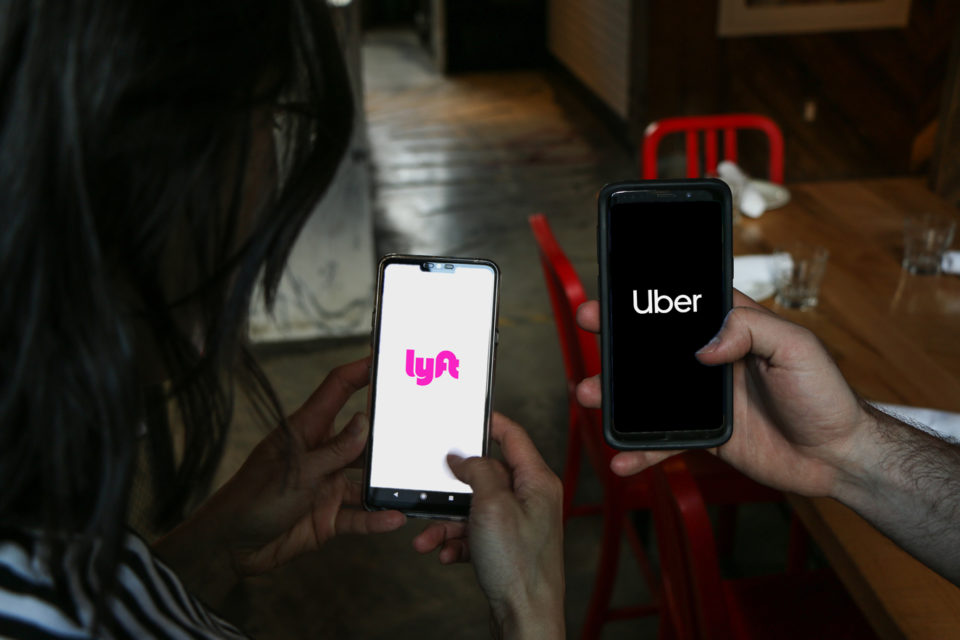Dreaming of Duopoly? Lyft CEO Hints at Problematic Pricing Strategy

Anyone that’s played the eponymous board game knows a monopoly is a great way to make money. Snap up all your competition, raise prices once your customers have nowhere else to go, and presto – let the profit roll in!
But let’s say you’re not the only player in a market, then what? If you’re strategic, two supposed competitors can behave as a duopoly, raising prices and profiting in tandem. At a recent Credit Suisse tech conference, Lyft CEO Logan Green let it slip that something exactly like that may be in the works between his firm and Uber, which respectively control approximately 40 and 60 percent of the US rideshare market.
“We took a little bit of risk for the first time and led the market in two small, modest pricing increases over the last couple of quarters. I think that’s been very healthy for the market. We’ve seen that matched by the competition,” Green said.
And while Lyft’s seen success raising list prices, it looks like it’s still waiting to see how Uber will behave in terms of discounts and coupons.
“On the other side, we sort of attempted to do the same thing in terms of couponing and lead in creating a more rational market,” Green continued. “We have not seen that matched. So we’re going to change our stance, and we’ll sort of revert to a match and follow position. So I think in terms of some of the future sales and marketing leverage, it’s really dependent now on what the competition does.”
This lead and follow strategy is a classic example of Stackelberg competition, a behavior commonly seen in duopolistic markets for homogenous products or services, like ridesharing. The two players essentially make sequential moves regarding their pricing, wait to see what the other does, and then react accordingly. But instead of trying to drive prices down (as they did for years when they had billions in VC money to spend), they’re signaling that they’d like to work in tandem to raise fares.
While there’s definitely a bit of gamesmanship going on, some are going so far as to wonder if this behavior qualifies as price fixing. The FTC states that said illicit activity doesn’t require a written or verbal contract to be in place, it can be inferred from conduct. And as the Motley Fool notes, this applies to related behavior like promotions and discounting as well.
Both Uber and Lyft have suffered mightily at the hands of the market since their IPOs this spring, down 28 and 40 percent respectively. The day after Lyft’s CEO revealed the pricing strategy, the company stock slid a few dollars further. Since then, Lyft has actually recovered any lost value, and Uber is up more than 3%. In an era where the tech giants feel free to turn down congressional inquiries, it looks like the market is more interested in the ridesharing duo clawing their way to profitability than any potential FTC enforcement.






